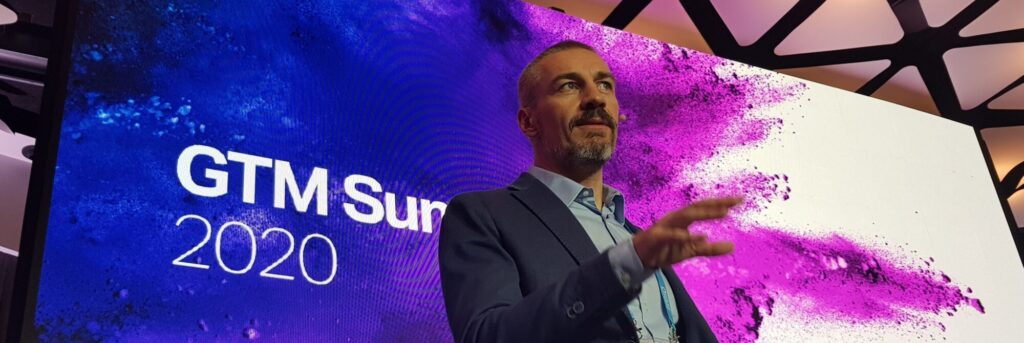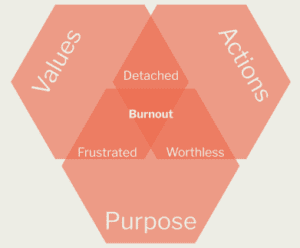Facts and Statistics for Modern Insights

The world around us is changing rapidly. We are living in a VUCA world, and we must learn to adapt, and do it quickly.
Business owners and senior leaders are facing unprecedented challenges. If we aren’t dealing with a pandemic or another worldwide crisis, we are under pressure from shareholders looking to hold us accountable, an evolving workforce demanding cultural shifts, and consumers expecting companies to make profits through more ethical means.
We’ve been reading all the studies and research coming out of some heavyweight organisations, such as PricewaterhouseCoopers and Deloitte, and while there isn’t anything too shocking to us (we do live and breathe all things leadership and culture) there is some amazing info coming out of the latest research, so we thought we’d share.
We’ve collated some of the best bits of useful information for leaders to digest. We hope it proves insightful. And remember, if you are facing obstacles or recognise the need for a cultural shift in your organisation, or if your team is struggling in the face of volatility, uncertainty, complexity, and ambiguity, and it needs to change, we’re here for you.
The pandemic accelerated the emergence of a disrupted and boundaryless world, which marks the end of:
- Traditional jobs – Workforce decisions are increasingly based on skills, competencies, interests, and inclinations rather than well delineated jobs and responsibilities.
- Traditional employees – The emerging and growing workforce ecosystem of contingent workers (e.g. freelancers, consultants, contractors).
- An exclusively physical workplace – A hybrid model of work (physical and virtual) was brought to the fore by the pandemic and is now supported by advances in technology; alongside this, businesses are shifting their focus away from where and when to how the work is done.
Deloitte (‘Human Capital Trends 2023’)
81% of leaders state that the ability to lead through more complexity and ambiguity is a unique requirement of 21st Century leaders.
(Deloitte, ‘Deloitte Global Human Capital Trends Survey 2019’)
At the beginning of 2023 only 18% of CEOs around the world were expecting economic growth to improve in the following 12 months, down from 77% at the beginning of 2022.
Inflation, geopolitical risk and macroeconomic volatility are seen by CEOs as the top 3 threats in the short term (next 12 months) and medium term (next 5 years).
(PwC, ‘PwC annual CEO Survey 2023’)
65% of employees say conversations about sensitive political/social issues take place often or sometimes. However, only 30% report companies provide enough support for these conversations to take place; for instance through leaders establishing norms and creating a safe, non-judgmental space.
By 2026, 25% of people will spend at least one hour a day in the Metaverse and 30% of organisations in the world will have products and services ready for the Metaverse.
(Gartner, Press Release, February 2022)
Operating in a VUCA world means businesses are having to re-imagine themselves and their place in a new, ever-changing and uncertain world.
Nearly 40% of CEOs recognise that their company will not be economically viable in 10 years’ time if it continues on its current course, a pattern that is consistent across sectors.
(PwC, ‘PwC annual CEO Survey 2023’)
Only 23% of organisations believe leaders in their business are well equipped to lead effectively in a disrupted world.
(Deloitte, ‘Deloitte Human Capital Trends 2023’)
Based on their personal ethics, nearly half (46%) of Gen Zs and Millennials in senior positions have rejected a job and/or assignment.
(Deloitte, ‘Global Gen Z and Millennials Survey 2022’)
55% of employees believe the best way to grow is to change companies.
76% of employees say they would stay at their company longer if they could benefit from learning and development support.
(Microsoft, ‘Microsoft Work Trend Index 2022’)
Toxic culture is responsible for poor mental and physical health outcomes for workers, disengagement, bad mouthing, and attrition.
During The Great Resignation toxic corporate culture was 10 times more likely to predict attrition than the average predictive factor.
(MIT Sloan Review, ‘Toxic Culture is driving The Great Resignation’, January 2022)
Climate Change is real – The majority of CEOs globally expect climate change to impact their businesses within the next 12 months, particularly cost profiles (50%) and supply chains (42%)
(PwC, ‘‘PwC annual CEO Survey 2023’)
Increasing pressure from younger consumers/employees – 64% of Gen Z and Millennials are willing to pay a premium for sustainable products and services and almost half say they have put some pressure on their employer to take action
(Deloitte, ‘Global Gen Z and Millennials Survey 2022’)
Social, environmental and political consciousness is on the increase – 58% of consumers buy or advocate for brands based on their beliefs and values while 64% of investors state that they invest for the same reasons
In 2022, as the Russia-Ukraine conflict impacted perceptions of conducting business in foreign markets, reputational risk, transparency requirements and corporate accountability were some of the most relevant issues faced by 1 in 3 businesses
(The Economist, ‘Business in an era of heightened geopolitical instability’, 2022, Economist Impact series)
Advanced technology is developing at an unprecedented rate – Automating processes and systems (76%) and deploying advanced technology (69%) rank amongst the top 3 priority areas for investment for businesses in the next 12 months
(PwC, ‘PwC annual CEO Survey 2023’)
Workers with more scarce skills are ready to test the market by asking for a pay rise/promotion or being more likely to switch companies
(Manpower Group, ‘The Talent Shortage’ 2023).
Companies in the top-quartile for gender diversity in executive teams are 25% more likely to show above-average profitability than companies in the fourth-quartile.
When it comes to diversity in ethnicity and race, the top-quartile companies outperformed those in the fourth-quartile by 36% in profitability.
(McKinsey, ‘Diversity Wins – How inclusion matters’ 2020)













































